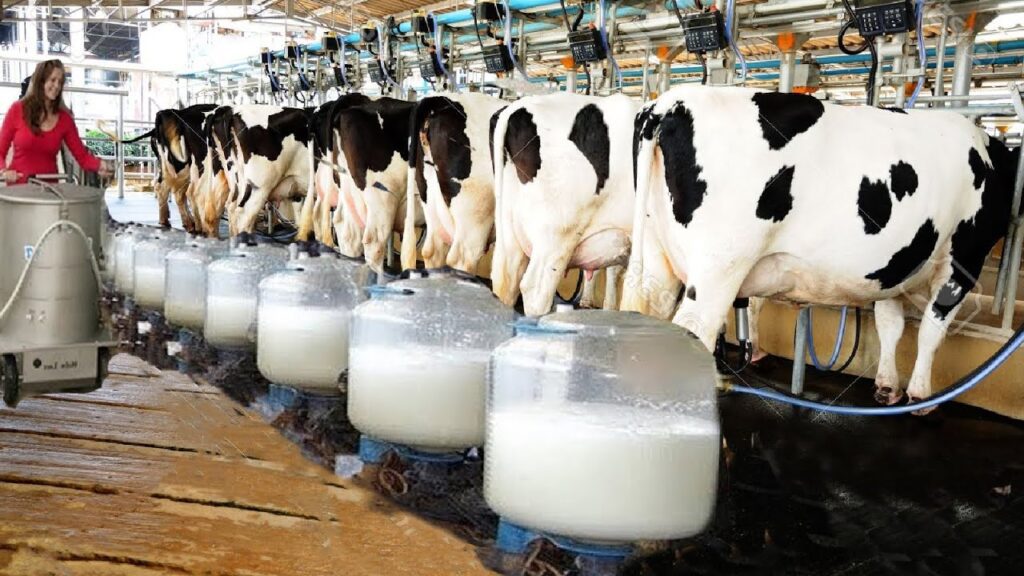Dairy farming in Nigeria dates back to the pre-colonial times when cattle were reared for their meat, milk and cultural significance. It could be said that dairy farming started with traditional pastoralist communities such as the Fulani and Hausa tribes, who have long practiced cattle rearing and milk production. These communities utilised indigenous knowledge and techniques to manage their herds and process milk into various products like yoghurt, cheese and butter.
In later years, with the advent of colonialism, modern practices in dairy farming were soon introduced to farmers. Europeans settlers established ranches and introduced exotic cattle breeds, such as Friesian and Jersey, which gradually replaced the native ones. Over the years, dairy farming in Nigeria then evolved from traditional practices to a dynamic and growing industry. Literature and records of events show that modern dairy production (averagely sustainable) in Nigeria is dated back to about two to three decades ago.
It is within this period that Shonga Dairies located in Tsonga, Edu Local Government in Kwara State, was birthed. During this period, the government policy on backward integration for processors was to source 5% raw materials locally. According to a story published on Reuters in 2011 with the title ‘Zimbabwe farmers, a boom for Nigeria agriculture’, the Kwara State Government, under Dr. Bukola Saraki received white farmers, who were ejected from Zimbabwe by the late President Robert Mugabe.
A thousand hectares of land was allocated to each farmer, five of which formed dairy milk clusters. They were reported to have the capacity to produce around 50,000 litres of milk daily, hoping to bridge a significant gap in the domestic production and supply of raw milk to a dairy industry feeding Nigerians. However, the companies are no longer functioning optimally as they have now become a shadow of themselves.
The Central Bank of Nigeria named the six businesses authorised to bring in milk and its byproducts in a report released in 2020. These companies include Integrated Dairies Ltd., Chi Limited, Promasidor Nig. Ltd., Nestle Nig. Plc, FrieslandCampina WAMCO, and TG Arla Dairy Products Ltd. These are the businesses, who keyed into the Federal Government’s backward integration strategy and demanded that 10% of their raw materials (milk) be supplied locally. This would enhance regional output and steadily advance the rural dairy sector.
Prior to 2020, FrieslandCampina WAMCO began the backward integration, and as a result, the local dairy industry had undergone an extraordinary transformation, as seen by the growth of the economy and society. According to findings, Nigeria has the 5th largest cattle herd in Africa, following Ethiopia, Sudan, Chad and Tanzania. Many of these herders are, however, concentrated in the Northern part of the country. Presently, the Nigerian dairy industry may not be doing so well, but with the advent of research, policy support, infrastructure and all, it has the potential to meet domestic demand, reduce imports, and even become a significant player in regional and international dairy markets.

